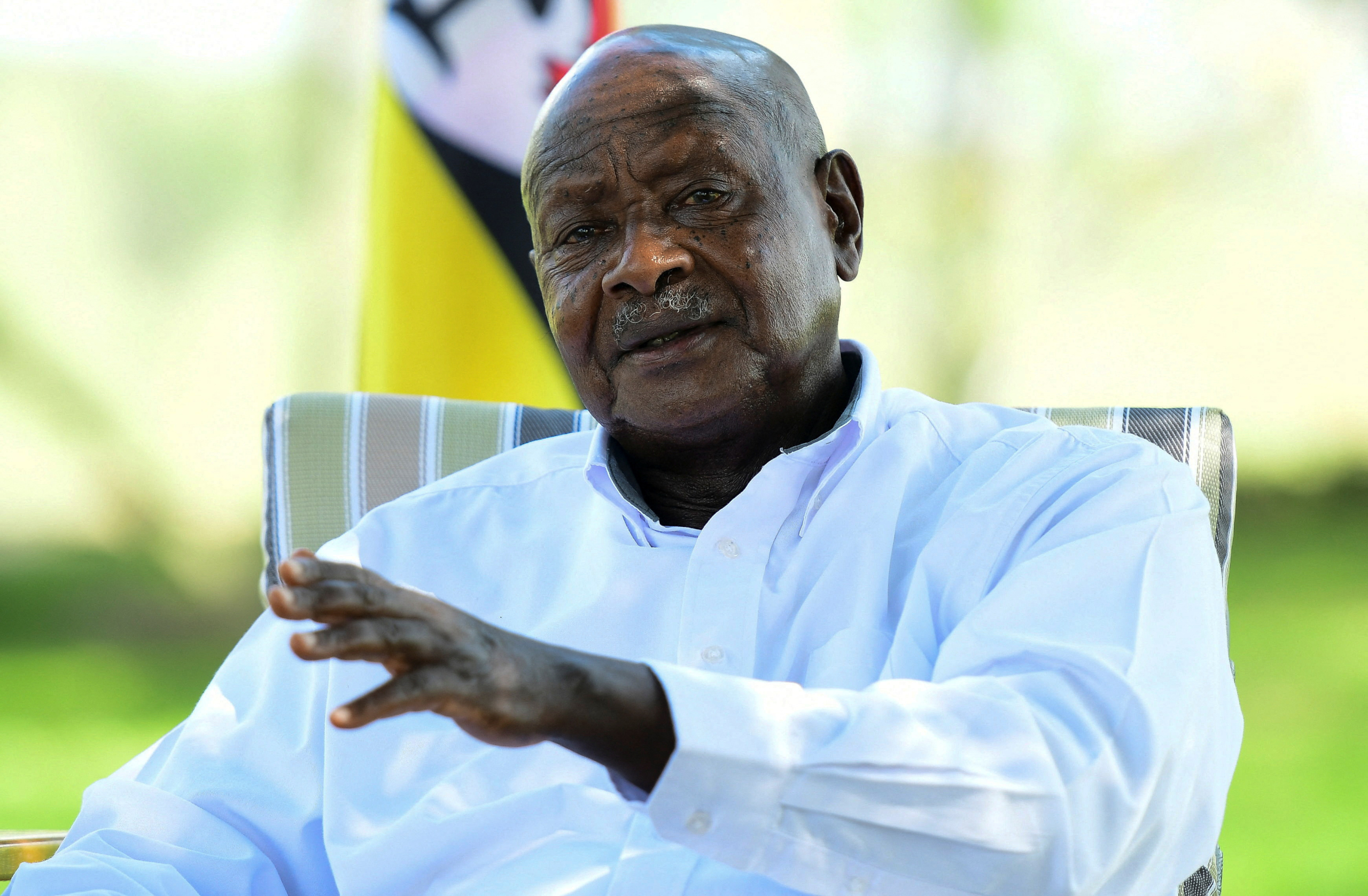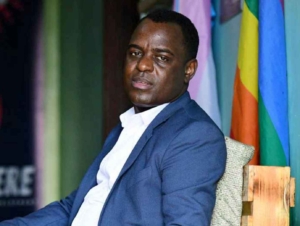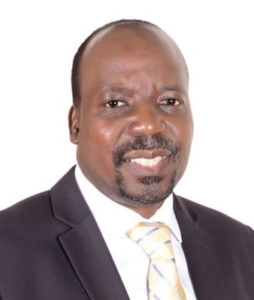Cruel Ugandan anti-gay law takes effect; legal challenges pending
Colin Stewart is a 45-year journalism veteran living in Southern…
Human rights activists seek to block enforcement of the law pending court action

Uganda’s harsh new Anti-Homosexuality Act took effect on May 30, when it was published in the official Uganda Gazette.
Human rights activists have filed two petitions challenging its constitutionality, but neither has yet been acted upon by the Constitutional Court. Petitioners are preparing motions for a temporary restraining order to block enforcement of the law pending a decision by the Constitutional Court.
The petitioners say they have already served the Attorney General, which gives him 10 days to respond with a defense of the law.
International agencies and Western governments have decried the law and announced that they will study taking punitive actions against Uganda, which depends on billions of dollars of foreign aid each year to maintain its health system, in particular its anti-AIDS efforts. But no government has yet announced economic sanctions.
U.S. Secretary of State Antony Blinken ordered State Department officials to consider imposing travel bans against Ugandan officials and other individuals “for abuse of universal human rights, including the human rights of LGBTQI+ persons.”
Homophobic violence against LGBTQ Ugandans increased even before the law took effect. Now some members of the Ugandan LGBTQ community are laying low; others have fled the country; others are hoping for quick resettlement abroad; and others are standing firm to fight the law in court.
Uganda already had a rarely-enforced anti-gay law that called for life imprisonment for same-sex intimacy. Politicians this year displayed their anti-homosexuality credentials by passing the new, harsher law. It calls for:
- The death penalty for “aggravated homosexuality,” which is defined to include same-sex relations involving HIV-positive people, children or other vulnerable people.
- Fourteen years in prison for “attempted aggravated homosexuality”.
- Ten years for attempting to have same-sex relations.
- Twenty years for “promoting” homosexuality.
The Ugandan LGBTQ rights coalition Convening for Equality (CFE) issued this statement about the challenges to the new law:
Uganda: Two Petitions filed in Constitutional Court Challenging Anti-Homosexuality Law
Court should urgently hear submissions
(June 5, 2023 / Kampala) In response to the assent of the Anti-Homosexuality Act, 2023 by President Museveni, two groups have filed petitions challenging the constitutionality of the law on procedural and substantive grounds. They ask the Court to declare the law null and void on the basis that it contravenes Uganda’s Constitution and Uganda’s international and regional human rights obligations.
The Convening for Equality (CFE), a Ugandan LGBTIQ community-led convening, is fully supportive of the two petitions that share an important common goal.
The petitioners and the legal teams are a diverse and stellar collective of Uganda’s leading independent- minded politicians, activists, journalists and academics.

Constitutional Petition Number 014 of 2023 was filed by Hon. Fox Odoi-Oywelowo, Frank Mugisha, Pepe Onziema, Jackline Kemigisa, Andrew M. Mwenda, Linda Mutesi, Kintu Nyago, Jane Nasiimbwa and Hon. Paul Bucyana Kwizera. The legal team representing the petitioners include Mr. Nicholas Opiyo and Mr. Henry Byansi.
Constitutional Petition Number 015 of 2023 was filed by Prof. Sylvia Tamale, Dr. Busingye Kabumba, Andrew Mwenda, Solome Nakaweesi Kimbugwe, Kasha Jacqueline Naabagesera, Richard Smith Lusimbo, Eric Ndawula, Williams Apako and the Human Rights Awareness and Promotion Forum (HRAPF). The legal team representing the petitioners include Dr. Henry Onoria, Mr. Ladislaus Rwakafuzi, Mr. Onyango Owor, Mr. Francis Tumwesigye, Ms. Susan Baluka and Mr. Edward Ssemambo.
Grounds in the two petitions
The two petitions contend that the enactment of the Anti-Homosexuality Act, 2023 on May 2, 2023 was without meaningful and adequate public participation. They argue that the 6 days in which the Legal and Parliamentary Affairs Committee scrutinised the Bill, out of the 45 days provided for in the Rules of Procedure of Parliament, was too short a time to facilitate public participation and contribution in any meaningful, exhaustive or representative manner.
The petitioners further contend that the law is in violation of a spectrum of constitutional rights and freedoms including the right to equality and non-discrimination, the right to dignity, the right to liberty, the right to privacy, the right to health, the principle of legality under the right to a fair hearing, the right to property and privacy of property, the right to carry on any lawful occupation, trade or business, freedom of expression and association, and the obligation to respect, uphold and promote human rights from infringement.
Hon.

and 8 others further challenge the law on a number of other grounds, including:
1. That the Parliament passed the law with provisions that fundamentally, substantially and/or wholly vary decisions and/or judgments in at least four court cases in contravention of Article 92 of the Constitution.
2. That the Parliament passed the law with provisions that impose a charge on the consolidated fund and other public funds of Uganda in a manner that contravenes Article 93(a)(ii) of the Constitution.
3. That the Certificate of Financial Implications issued by the Minister for the Bill did not conform to the provisions of the Public Finance Management Act, 2015.
Prof. Sylvia Tamale and 8 others further argue that the conduct of the Speaker of Parliament during the second and third readings of the Anti-Homosexuality Bill, 2023 amounted to bias and is therefore inconsistent with and in contravention of Article 89(1) and (2) of the Constitution.
What next?
On June 1, 2023, the Attorney General of Uganda was served with Constitutional Petition Number 014 of 2023 and he now has 10 days to file his answer.
The Anti-Homosexuality Act, 2023 is now in force. It was published as a supplement in Uganda Gazette Volume CXVI No. 36 on May 30, 2023. In an effort to stay or stop the enforcement of the law, the two legal teams are filing applications in court for temporary injunctions. The applications will be supported by evidence of already increasing numbers of violations of the constitutional rights of LGBTIQ+ individuals, whether real or perceived. For instance, incidents of issuance of eviction notices and forced evictions are on the rise.
The CFE encourages more individuals and organisations to challenge the draconian law through all lawful means.
“Given the ongoing documented attacks on the rights of Ugandans that this is law has prompted, it remains critical to report incidents of human rights violations including harassment, intimidation, forced evictions, blackmail, extortion, arbitrary arrests and detention or violence and denial of medical care to emergency response groups,” said Clare Byarugaba of Chapter Four Uganda.




